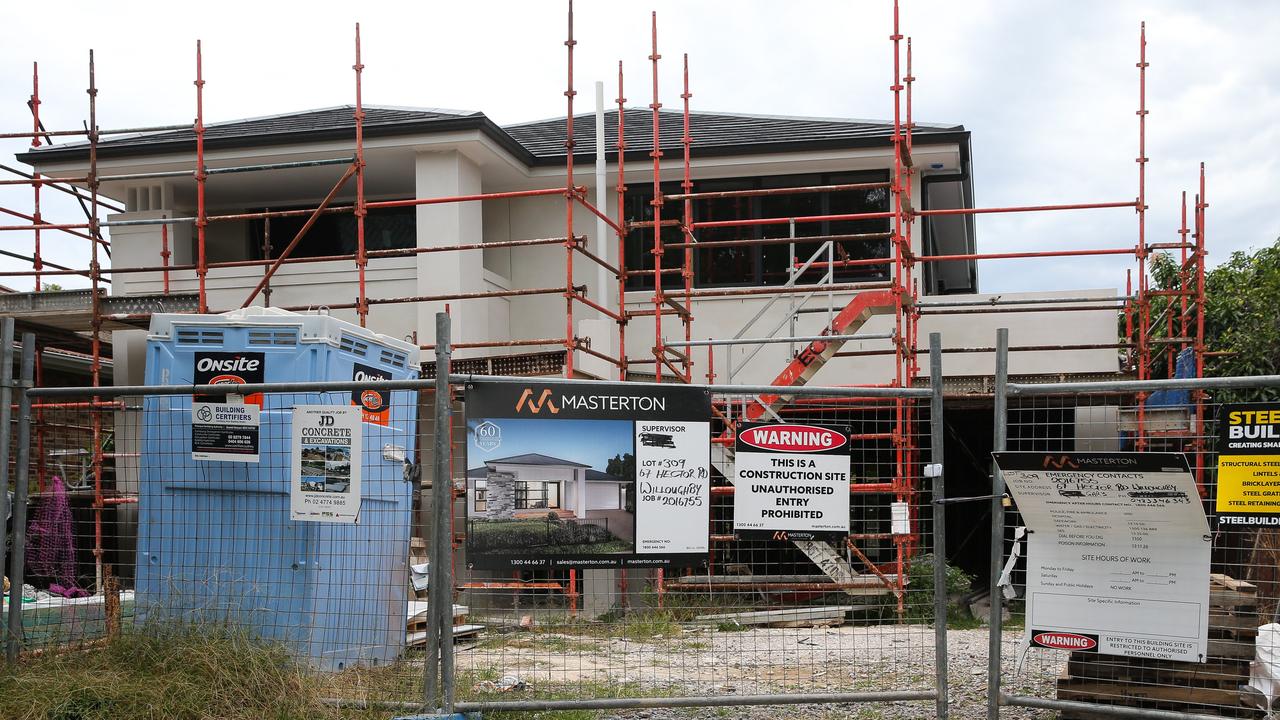Unemployment figures point to interest rates relief
A SURPRISE fall in Australian job numbers last month on the back of weak retail sales and high petrol prices means official interest rates will remain on hold in 2008, economists say.
Jobs drop likely to ease pressure on rates
A SURPRISE fall in Australian job numbers last month on the back of weak retail sales and high petrol prices means official interest rates will remain on hold in 2008, economists say.
Australia's unemployment rate was a seasonally adjusted 4.3 per cent in May, compared to an upwardly revised 4.3 per cent in April, figures from the Australian Bureau of Statistics show.
Total employment fell by 19,700 to 10,691,200, seasonally adjusted.
Full-time employment fell by 10,400 to 7,645,200 and part-time employment was down 9,300 to 3,046,000.
The participation rate in May was 65.2 per cent, compared with 65.5 per cent in April.
Economists had expected total employment to rise by 13,500, a jobless rate of 4.2 per cent and a participation rate of 65.4 per cent.
St George chief economist Stephen Milch said the latest labour force data meant that the Reserve Bank of Australia was more likely to leave interest rates on hold, at a 12-year high of 7.25 per cent, for the rest of 2008.
"Certainly it's a very weak number, far weaker than the market anticipated," he said.
"It's consistent with our view that rates are on hold.
"I'm quite surprised market reaction in the last few trading sessions has priced in more than one rate hike this year."
St George is pencilling in a possible rate cut in the second half of 2009.
Mr Milch said weaker retail sales - which fell 0.2 per cent in April - were partly to blame for the fall in employment.
"We've seen it in retail sales, and petrol prices and interest rates are pinching household budgets," he said.
"It seems employers are cutting back on jobs."
Petrol prices in some Sydney suburbs jumped by 13 cents on Wednesday to 166.9 cents a litre, media reports said yesterday.
Pressure off further rate hikes
ABN Amro chief economist Kieran Davies said the fall in employment will ease pressure on the Reserve Bank of Australia (RBA) to lift interest rates further.
"I think the RBA would be quite happy to see the rise in unemployment because that's what's required to bring inflation under control," Mr Davies said.
"Ultimately, it's what needs to fall into place for the RBA.
"They've seen the weakness in demand, they've seen the weakness in lending and now to get the weakness in unemployment, I think they would be quite pleased with how it's playing out."
Mr Davies said while there was a lot of volatility in the data, the figures could still represent "a turning point".
Less jobs in the market
The data was corresponds with the ANZ job advertisements survey released earlier in the week, which showed a decline in the number of jobs ads in newspapers and on the internet for the third time in four months.
Meanwhile, the National Australia Bank business survey for May found businesses were reassessing their demand for labour in the months ahead in response to a slowing domestic economy.
Mr Davies expects the central bank to leave rates on hold for the rest of the year, although there is some risk to that outlook.
"There is some risk that inflation might yet spill over into wages, but with the rate hikes having an effect, I think the RBA can, at this stage, afford to sit out," Mr Davies said.
"As long as they get the weakness in the economy, they will just hold off from doing anything on rates even as inflation is high."
The Australian dollar reacted negatively to the news.
The local currency was trading at $US0.9470 just before the figures were released at 11.30am (AEST), but fell to $US0.9388 at 11.46am.




To join the conversation, please log in. Don't have an account? Register
Join the conversation, you are commenting as Logout